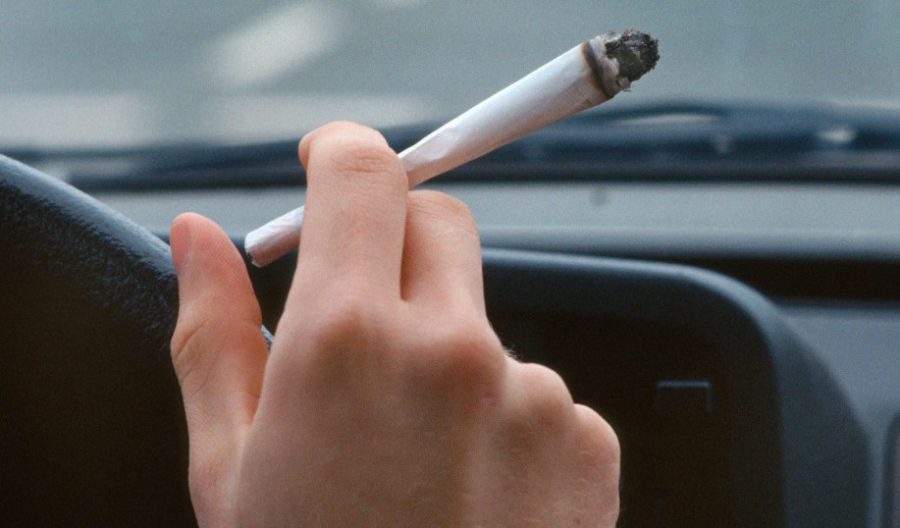Study: “No increased risk of crash responsibility” among drivers who exceeded THC threshold in British Columbia
No scientific evidence currently exists to confirm a link between THC levels and varying levels of driving impairment
Driving under the influence of cannabis may not be as dangerous as alcohol, according to a new study. Published in the journal Addiction, this study on cannabis consumption in relation to crash responsibility was fronted by Jeff Brubacher.
Brubacher is an emergency physician from Vancouver. He, along with his team of researchers, investigated the link between Canadian driver’s failing a cannabis test for THC (tetrahydrocannabinol) and being involved in road accidents. THC is the plant’s primary psychoactive cannabinoid and is responsible for producing the famous ‘high’ that cannabis has long been associated with.
No relationship was detected after Brubacher and his team closely analyzed police records from more than 3,000 drivers involved in crashes. Each driver would have had to undergo alcohol, cannabis and other drug tests after being caught by the police. These results demonstrate the complexity of understanding the true impact of cannabis consumption on road safety.
DUI police reports used to determine link in cannabis consumption and crash responsibility
 Of the 3,000 separate cases investigated by the researchers, they managed to pull police reports for around 2,300 of them. This information was used to figure out who was responsible for causing a road accident.
Of the 3,000 separate cases investigated by the researchers, they managed to pull police reports for around 2,300 of them. This information was used to figure out who was responsible for causing a road accident.
The researchers claimed that “there was no increased risk of crash responsibility” among drivers who tested positive for no more than five nanograms of THC per milliliter. Those drivers who tested positive for THC and exceeded the five-nanogram limit were 74 percent more likely to cause an accident than those who didn’t fail a drug or alcohol test.
Canadian drivers who tested positive for 0.08 grams, or more, of alcohol per 100 grams of blood were six times more likely to be held responsible for a car accident. Individuals who tested positive for recreational drugs were 82 percent more at risk, while the risk for users of sedating medications was 45 percent.
Brubacher and his team of researchers made a point of noting that, if driving while under the influence of cannabis becomes a regular thing now that Canada has completely legalized the plant, a similar study in the future could produce quite different results. Nonetheless, their findings indicate that “the impact of cannabis on road safety is relatively small at present time.”
Since this study on cannabis consumption and crash responsibility suggests that cannabis consumers are less likely to be responsible for road accidents than alcohol consumers, it’s clear that something needs to be done about the existing approach to roadside drug testing for cannabis. If THC is detected in a motorist’s blood, that individual will be deemed impaired by law enforcement officers and punished. Heavy cannabis consumers may test positive up to 24 hours after consuming THC, making the existing law framework highly unethical. The Congressional Research Service (CRS) goes as far as saying that traces of the psychotropic cannabinoid may be detected in the body’s fat cells for several weeks after consumption.
No scientific evidence currently exists to confirm a link between THC levels and varying levels of driving impairment. What’s more, regular cannabis consumers may have developed a tolerance to cannabis’ psychoactive cannabinoid and therefore would not be as impaired as a new consumer, even if they do have the same level of THC in their blood.
Canadian provinces and cannabis-friendly U.S. states that have adopted the THC blood level-testing approach to determine driver impairment – such as Michigan, Nevada, and Washington – may want to rewrite their laws. After all, convicting an individual of DUI based on the level of THC in their system is not an accurate way of deciding a motorist’s fate on the roads. If the existing law sticks around, frequent cannabis consumers essentially would have to spend a cannabis-free day off the roads until the THC is eliminated from their system; it’s not feasible in the long-run.








